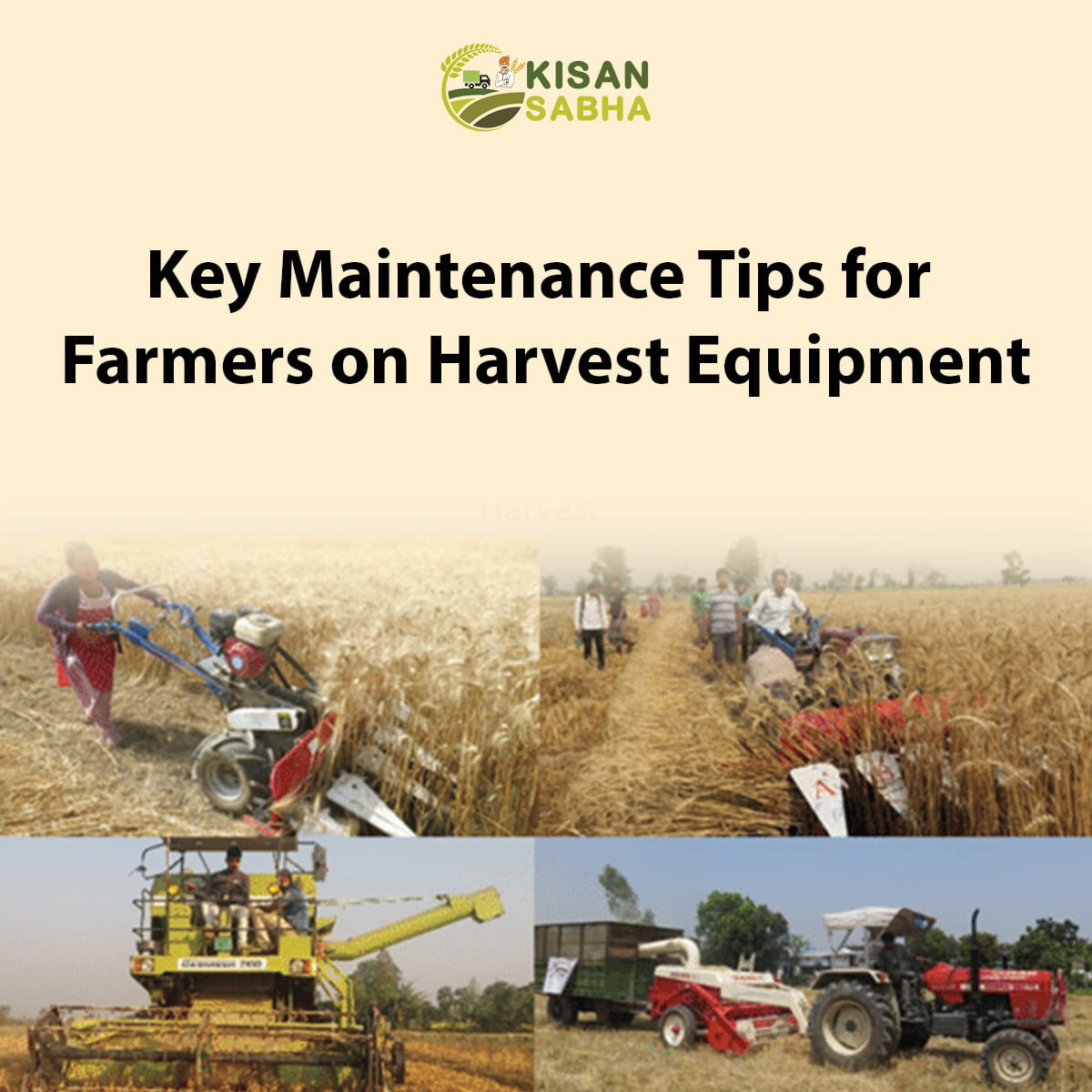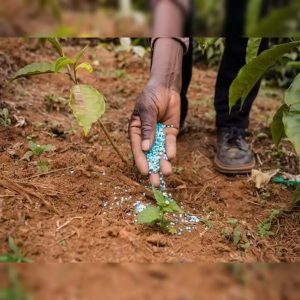With farming calendars on the calendar, having your farm equipment in great working condition is very helpful to your agricultural activities. Maintenance of equipment does include protection, prevention, and wholesome overhauls of your equipment, which in turn increases equipment longevity and decreases repair times and costs. As published in this blog, you will find important maintenance strategies for different categories of harvest equipment; it also focuses on protective maintenance and management processes so that your agricultural business processes will be efficient.
Key Consideration for Proper Maintenance of Harvest Equipment
Farmers are advised to service harvest equipment like tractors, spreaders, and many others in use to prevent breakdown during harvest seasons. Maintainability problems involving machinery used in the farm are sometimes unavoidable, and oftentimes these problems interrupt the normal operation of the farm and lead to some expenses. This in essence helps farmers to do a check-ups frequently and be able to discover areas of wear and tear and/or damage and remedy these before they become worse.
Drawing a maintenance schedule is also a good practice that should be implemented.
Schedule and timing of maintenance during the farming process is the key to the effective implementation of farm equipment maintenance plans. The best way to begin is by categorizing all the maintenance tasks based on the needs of the individual equipment. Some of the regular maintenance tasks should be accomplished as per this schedule including oil filters, air filters, tire pressure, and hydraulic oil levels. Similarly, they are to inspect hoses, and if there are any signs of damage or corrosion replace them often.
Every kind of agricultural equipment will need a certain degree of maintenance depending on the type of equipment. For instance, tractors, which are our main category of equipment, need frequent oil and filter services. Maintenance practices should therefore be in strict compliance with the manufacturer’s recommendations, to keep the equipment functional.
Clean and change the Air filter and Oil filter
The right functioning of farm equipment requires timely changing of oil filters and air filters. In addition to the photo, clean air filters are necessary to prevent dust from getting into the engine, such a system can be very destructive. Always control the air filter and always clean it or replace it as the manufacturer may recommend.
Oil filters are of similar significance concerning matters concerning the engine. Change oil filters and ensure keep a record of filter changes. It will help in your maintenance management system. If followed, the above practices will assist in propelling the efficiency and useful life of your agricultural equipment.
Also Read:- 7 Benefits of Crop Rotation to Improve Soil Health
Check the levels and the state of the tires
Maintenance of the tires is usually not given much importance. But is a crucial part of farm equipment maintenance. When tractors and other machinery are used, improper inflation of tires can disturb both the stability and the fuel consumption of the machinery. It is advisable to maintain the tire’s pressure of and make the necessary changes as per the recommended pressure set by the manufacturer. Also, check the condition of tires for signs like cuts or punctures then tires have to be changed.
Effective maintenance of tires helps eliminate mishaps on the field. Also apart from providing safe use especially when working on difficult topography and/ or weather conditions.
Preventative maintenance is a main area that should be given much concern
PM is the act of implementing maintenance measures before a particular farming equipment fails or breaks down. Out-of-sight inspections also assist in evaluating more frequent problems. It also helps to look at the signs that may soon become a problem. Carrying safety checks on all of the equipment in consultation with the machine operator with an emphasis on parts which include belts, bearings, and hoses among others.
Hiring a company to help you come up with a preventative maintenance schedule for your agricultural operations will not only see your machinery last longer but also the machinery will run better than ever during the harvesting season.
In summary
It takes a mix of various management techniques, appropriate storage, and routine maintenance to keep your harvest equipment operating. You can make sure that your agricultural equipment is operational throughout the harvest season. Always pay close attention to lubrication, keeping an eye on the fluid levels, hoses, and filters.
Your agricultural equipment will last longer if you put time and effort into preventative maintenance. Also, place a strong management system for better farm performance. This will also increase the overall productivity and efficiency of your farm operations. Make equipment maintenance a top priority as harvest season draws near. It keeps your farm operating efficiently and prevents expensive repairs from unplanned mishappenings.




